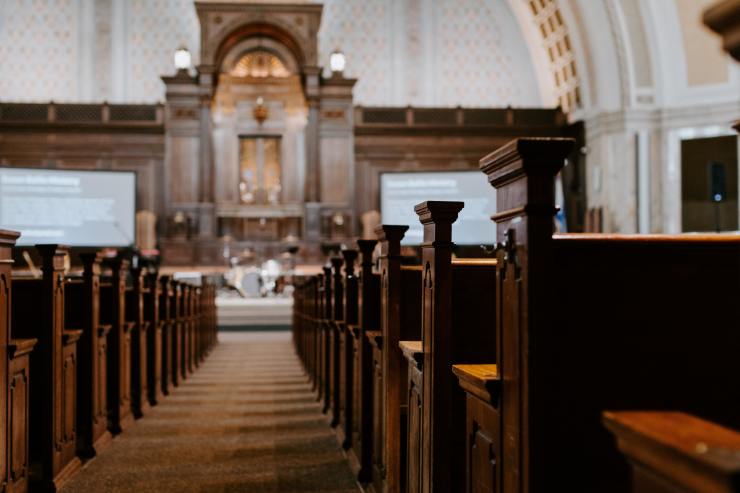
The future of British churches is at risk unless they can find innovative ways of being financially sustainable, an alarming report has concluded.
The joint study was carried out by the Diocese of Ely and the Judge Business School at the University of Cambridge.
A survey of hundreds of churches in the Diocese of Ely, which spans Cambridgeshire and West Norfolk, found that only one in five was financially profitable.
A third of the church buildings cost more money to run each year than they currently bring in.
The audit assessed financial sustainability but also considered the contribution church buildings make to their wider community and the common good.
In this aspect, the study concluded that rural churches are significant assets within their communities.
Three-quarters of church buildings were running community activities in 2019, an increase of 27% since 2012.
"These ranged from blood donation to debt counselling and coffee mornings to concerts," said Dr Timur Alexandrov, postdoctoral research associate of the project.
Lead author of the report, Helen Haugh, Associate Professor in Community Enterprise at Cambridge Judge Business School, added, "Churches want to work in collaboration with communities.
"I was surprised by how innovatively church buildings are being used. For example, one is used as a space for a circus troupe to practise in – they needed a high ceiling."
Most churches said that closing down would have a "devastating impact" on their community. When surveyed about what they were most valued for, over three quarters said it was providing rites of passage services (78%).
This was followed by being a place of worship (72%) and offering a quiet space for reflection, thinking and meditation (69%).
The study concludes that being useful to their community and finding innovative ways to remain financially sustainable are key to the survival of churches.
Recommendations include hosting events that generate a high footfall, using social media to reach a wider audience, and integrating with the community by partnering with schools and co-organising events for children at church buildings and church halls.
"Evaluating the success of the church in terms of the amount of funds it raises and the size of its congregation undervalues the contribution that churches and church buildings make to a community," said Haugh.
"There are options for churches that struggle with financial sustainability, the least preferred of which is to close the church. Our research is about finding ways to keep churches open."
The REACH Ely study was carried out with the support of the Benefact Trust and Historic England.
Resources have been developed from the findings and are to be made available online.
"Over the past three years the work of REACH Ely has discovered some real secrets of success for rural churches," said Geoffrey Hunter, Head of Church Buildings and Pastoral at the Diocese of Ely.
"The project has revealed a hunger for change, with many churches planning for their futures.
"Through a combination of videos, guidance and practical tools, we will be helping to replicate the success stories, so more of our churches can look forward to a sustainable future as community assets, loved and supported by all."




